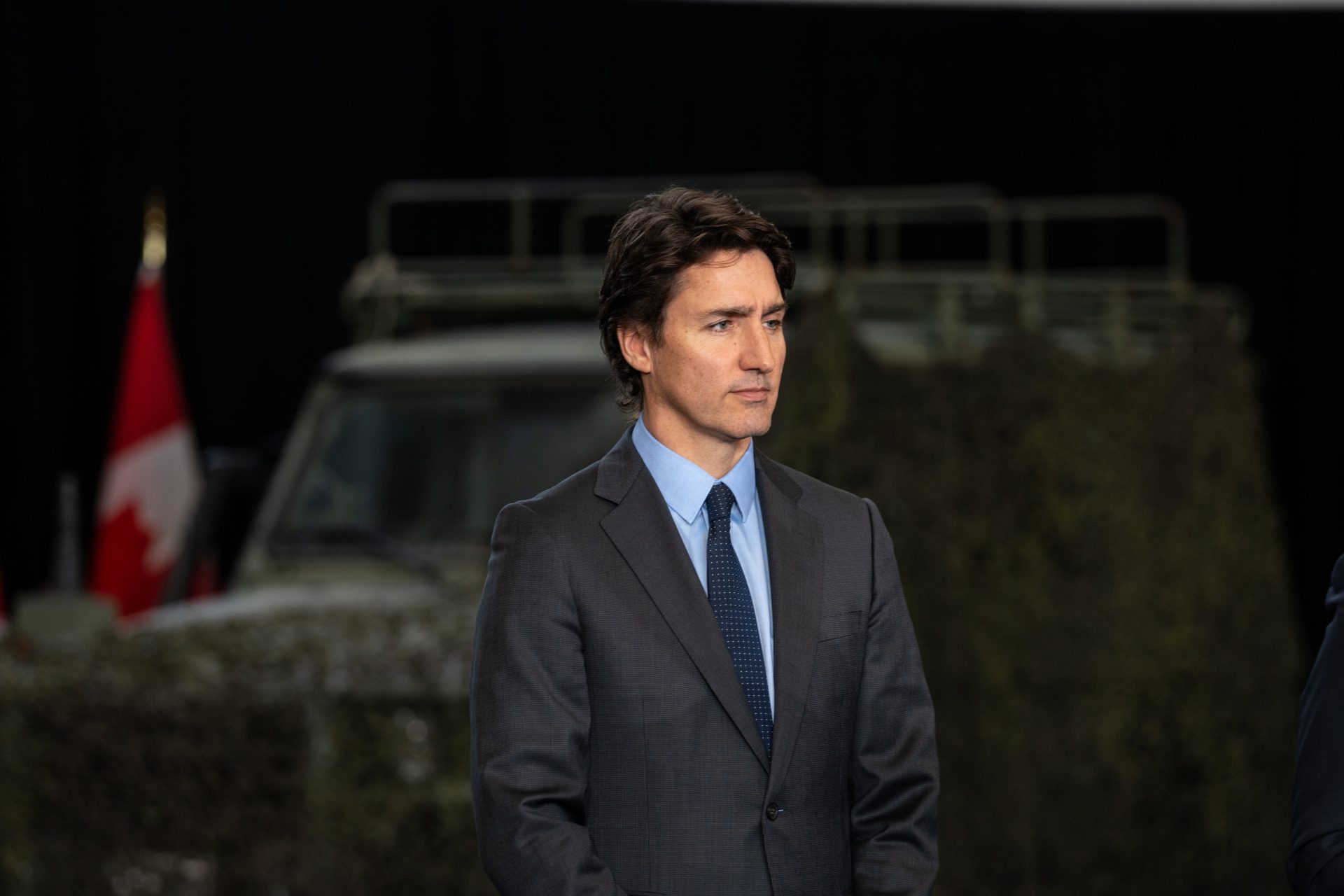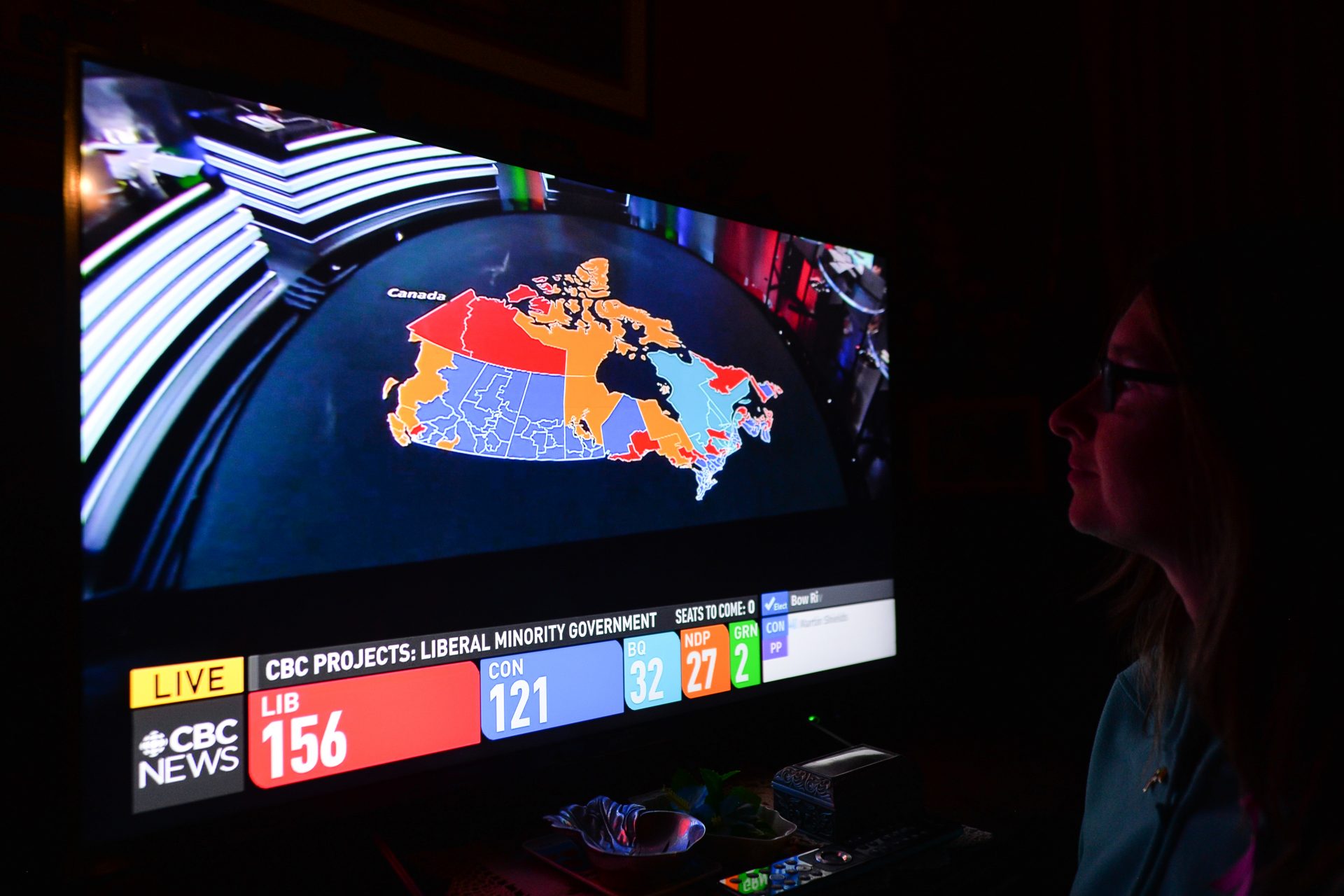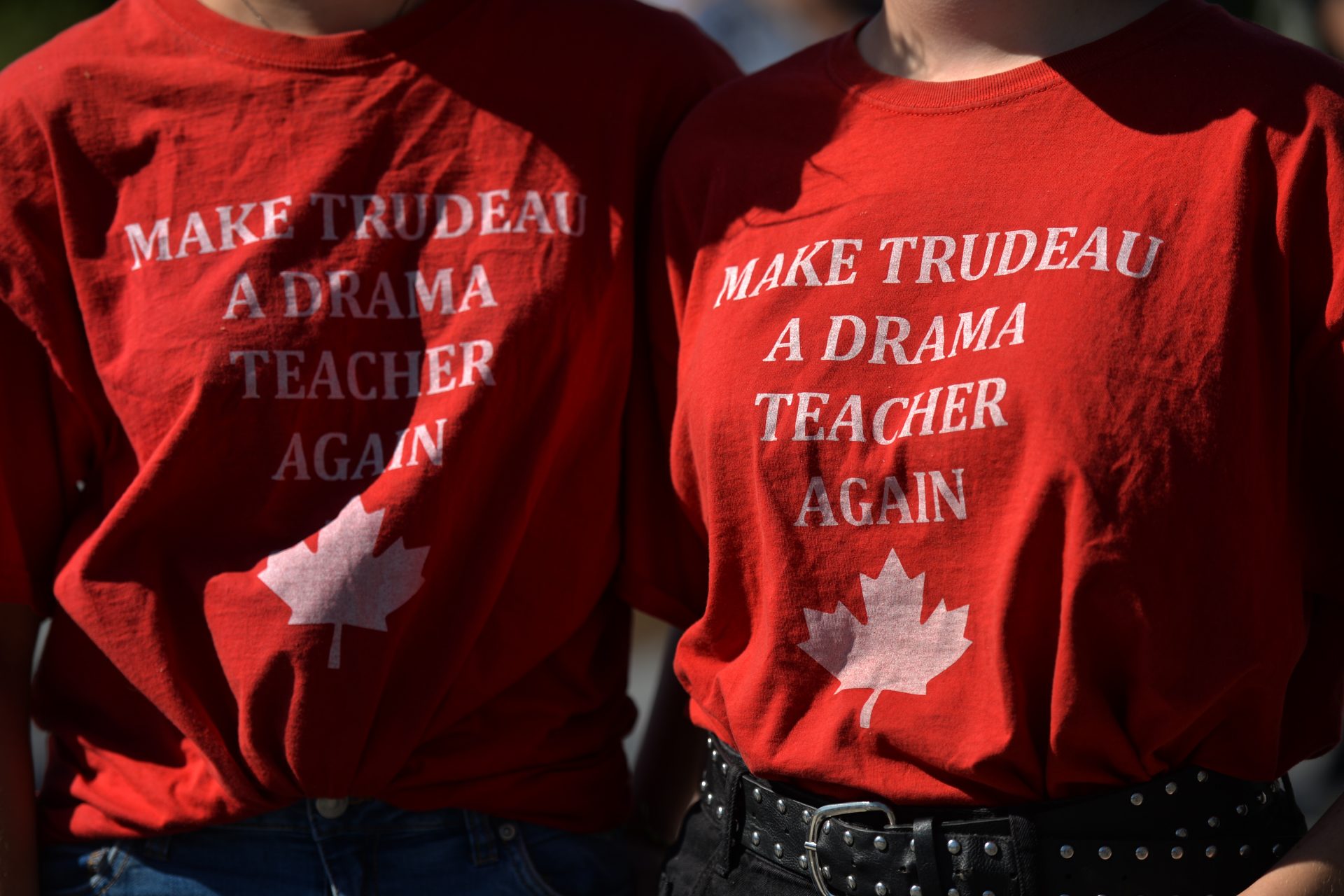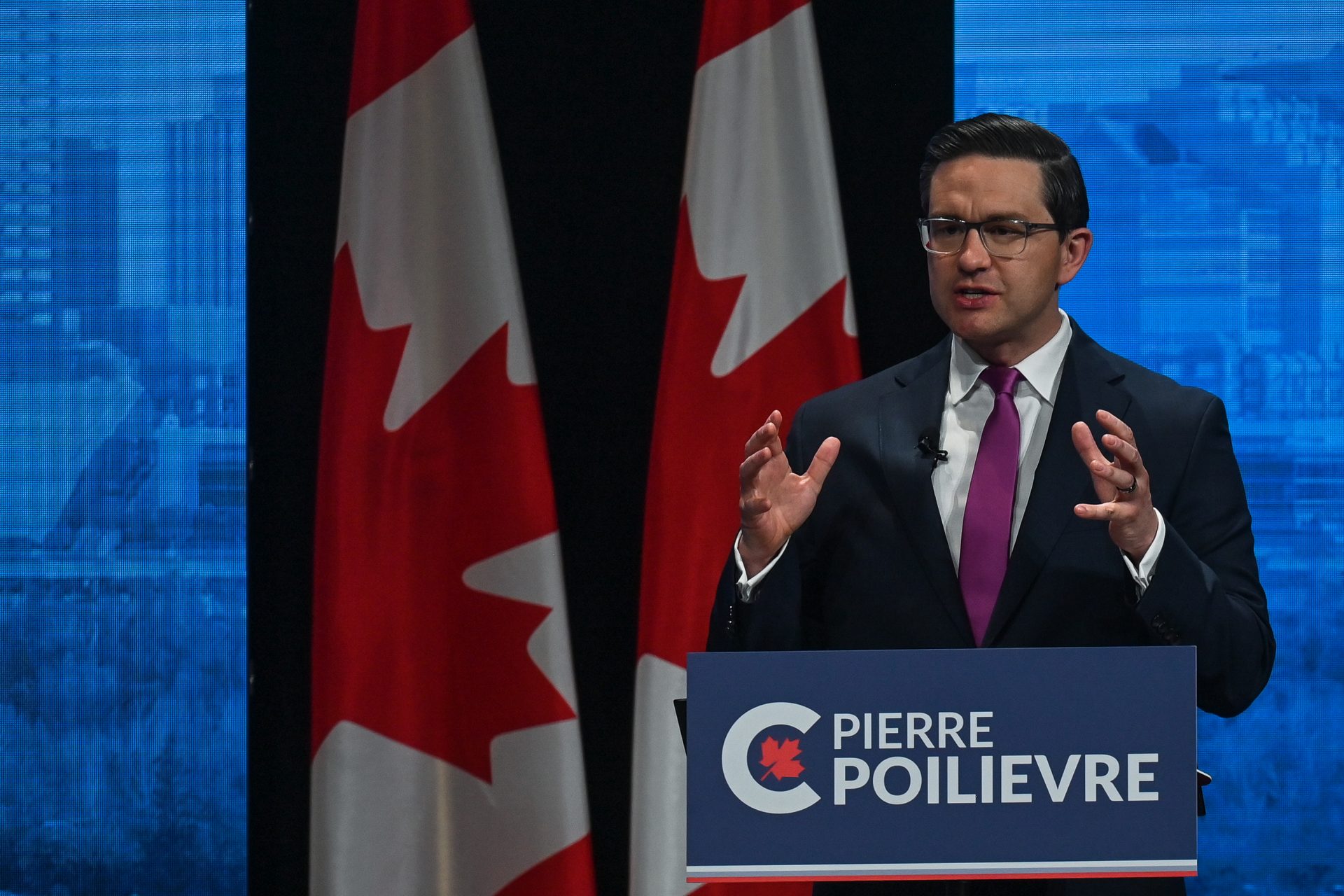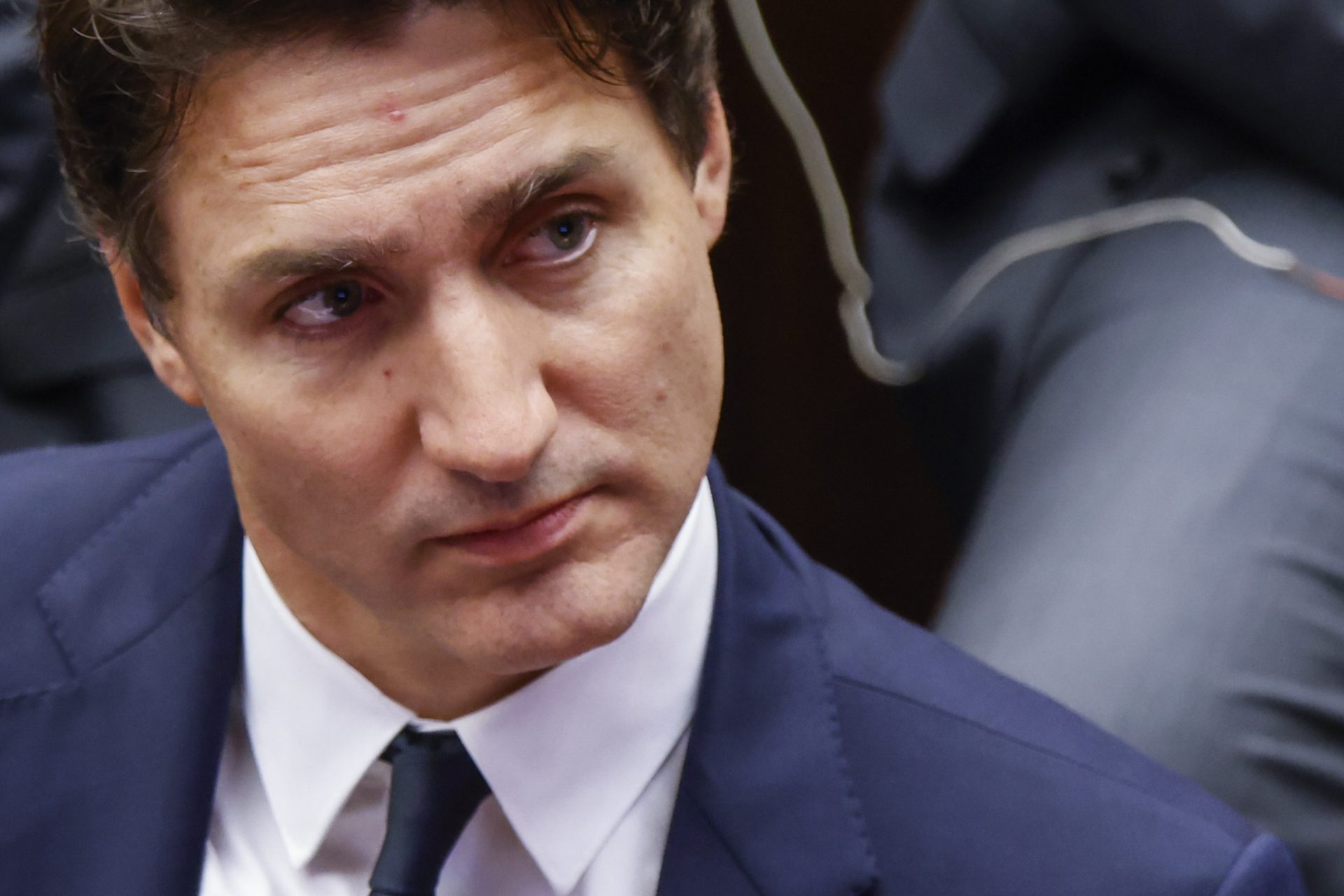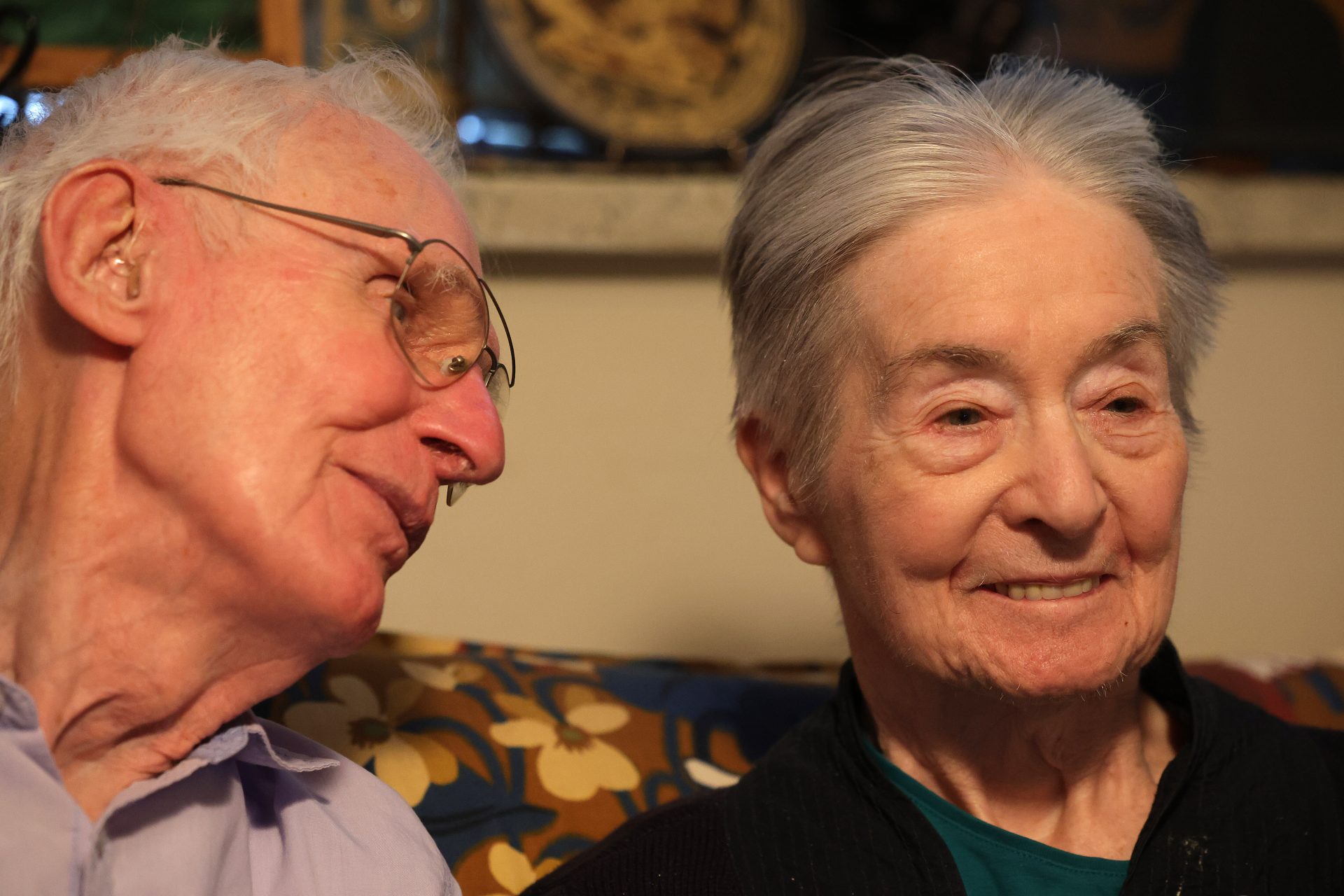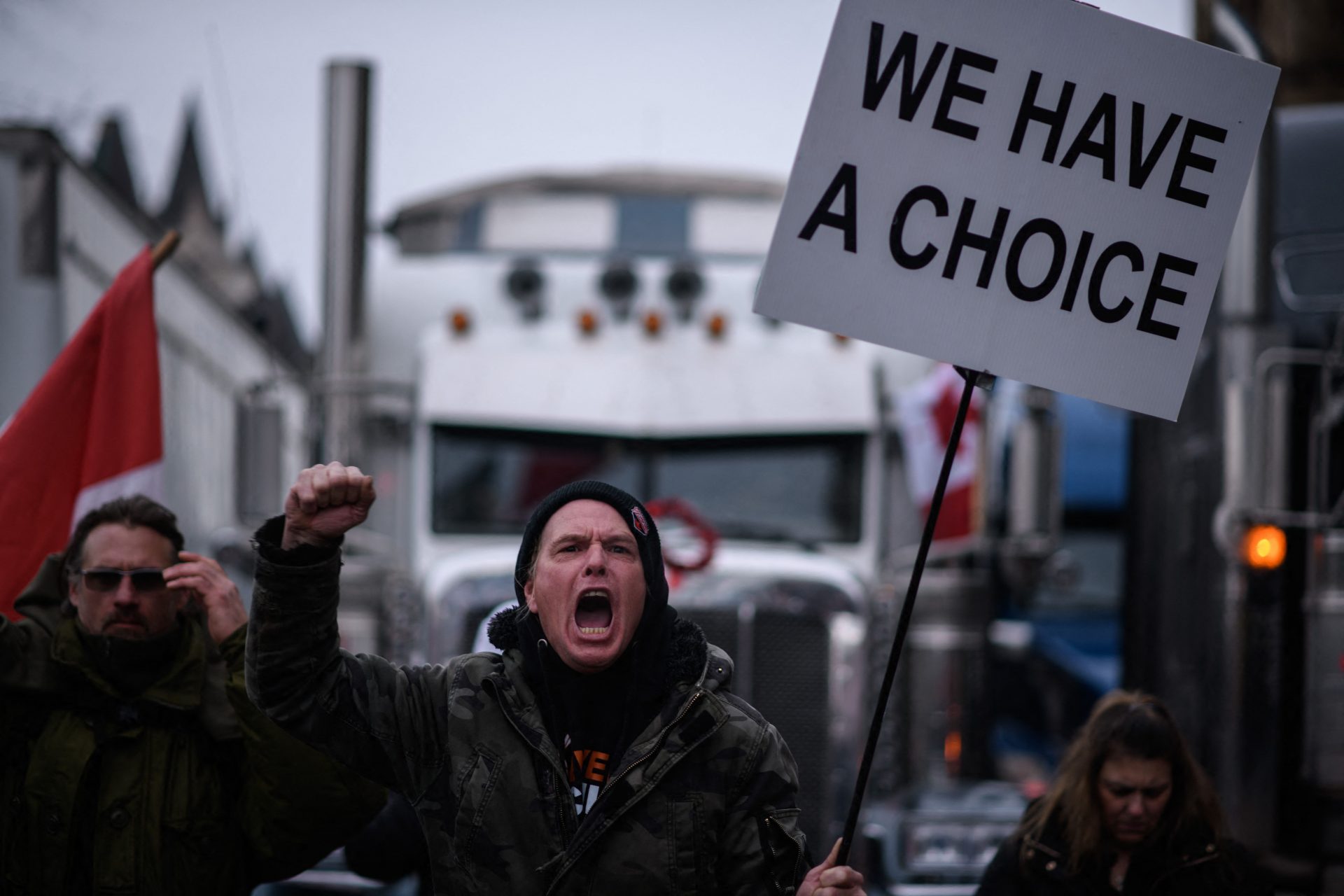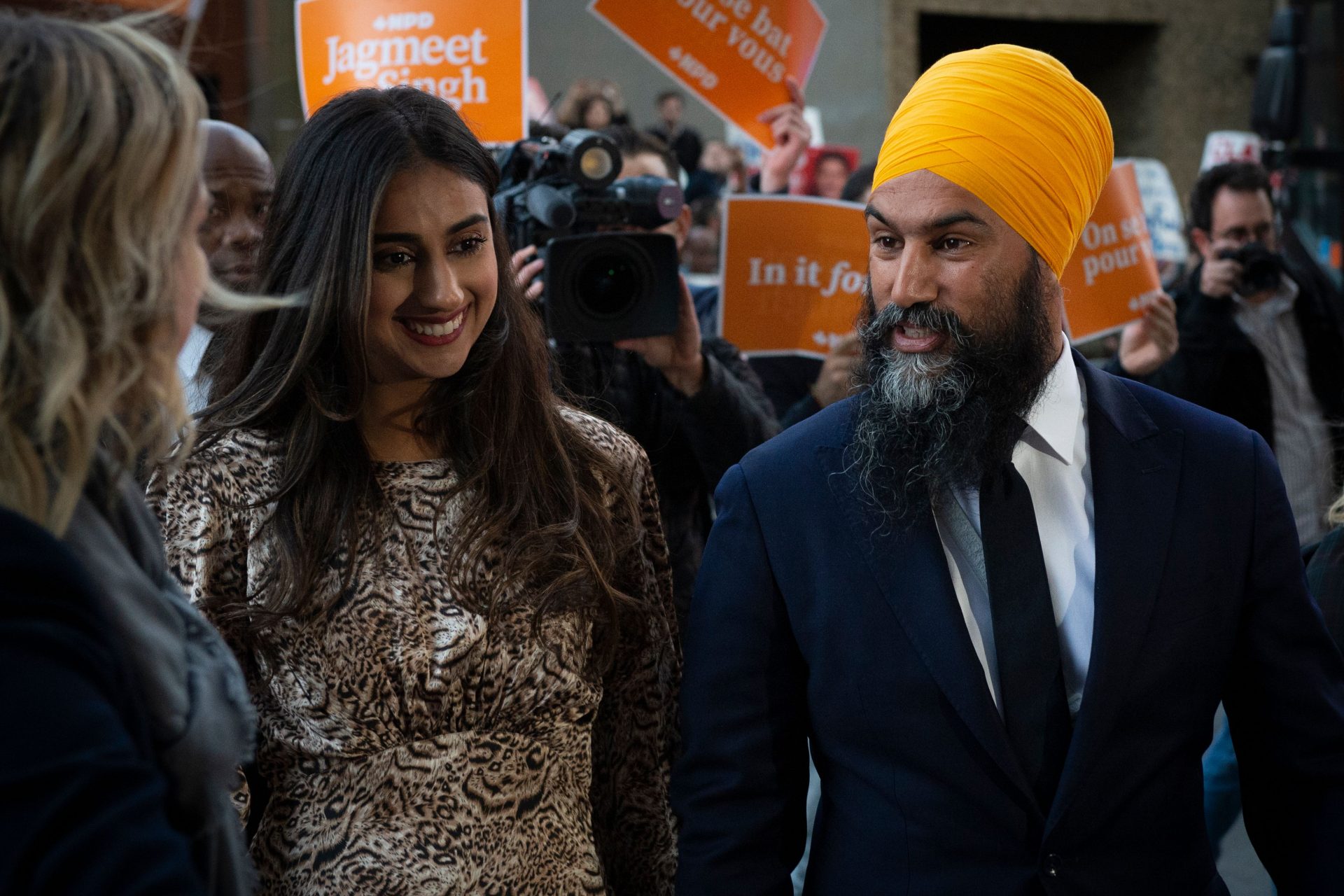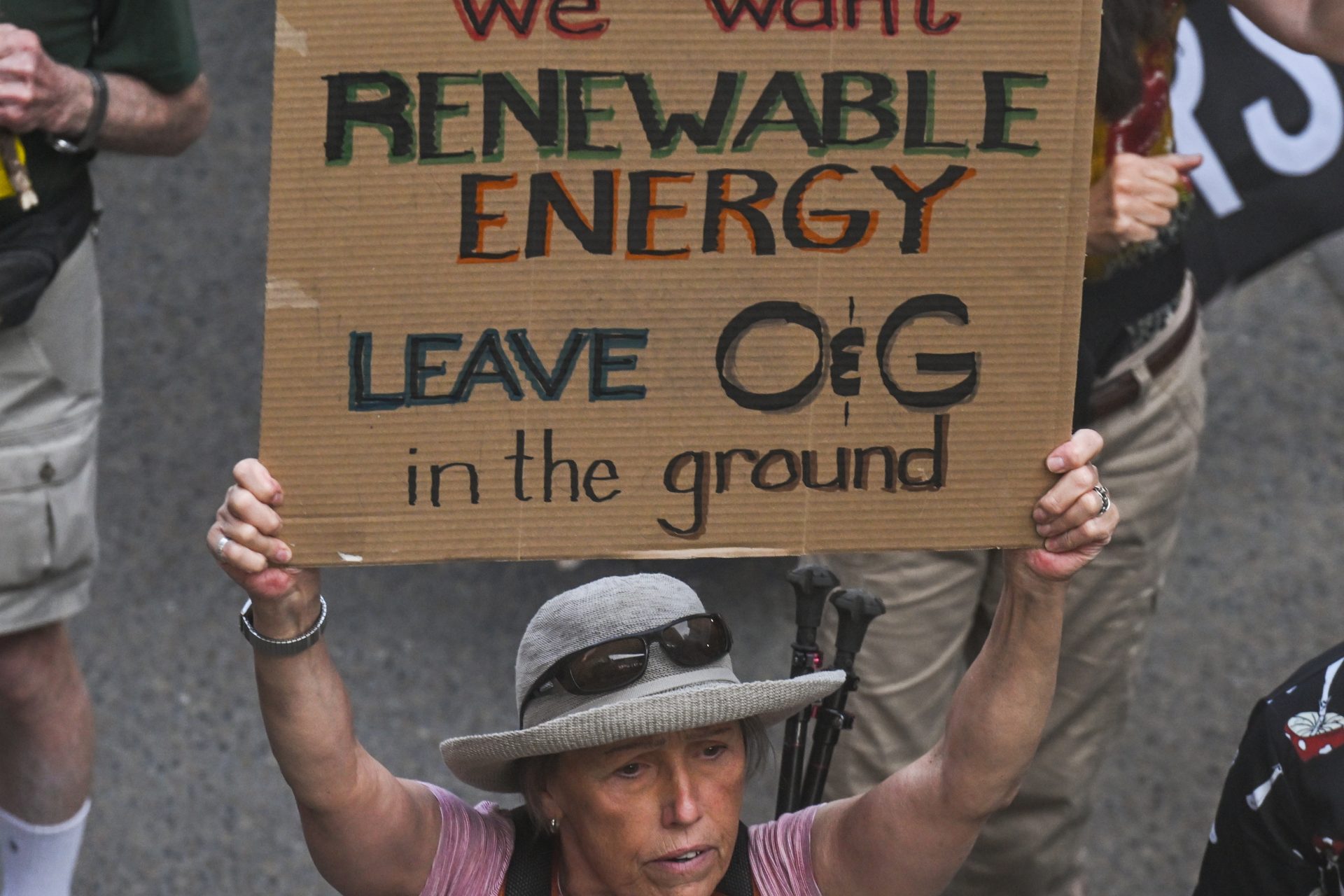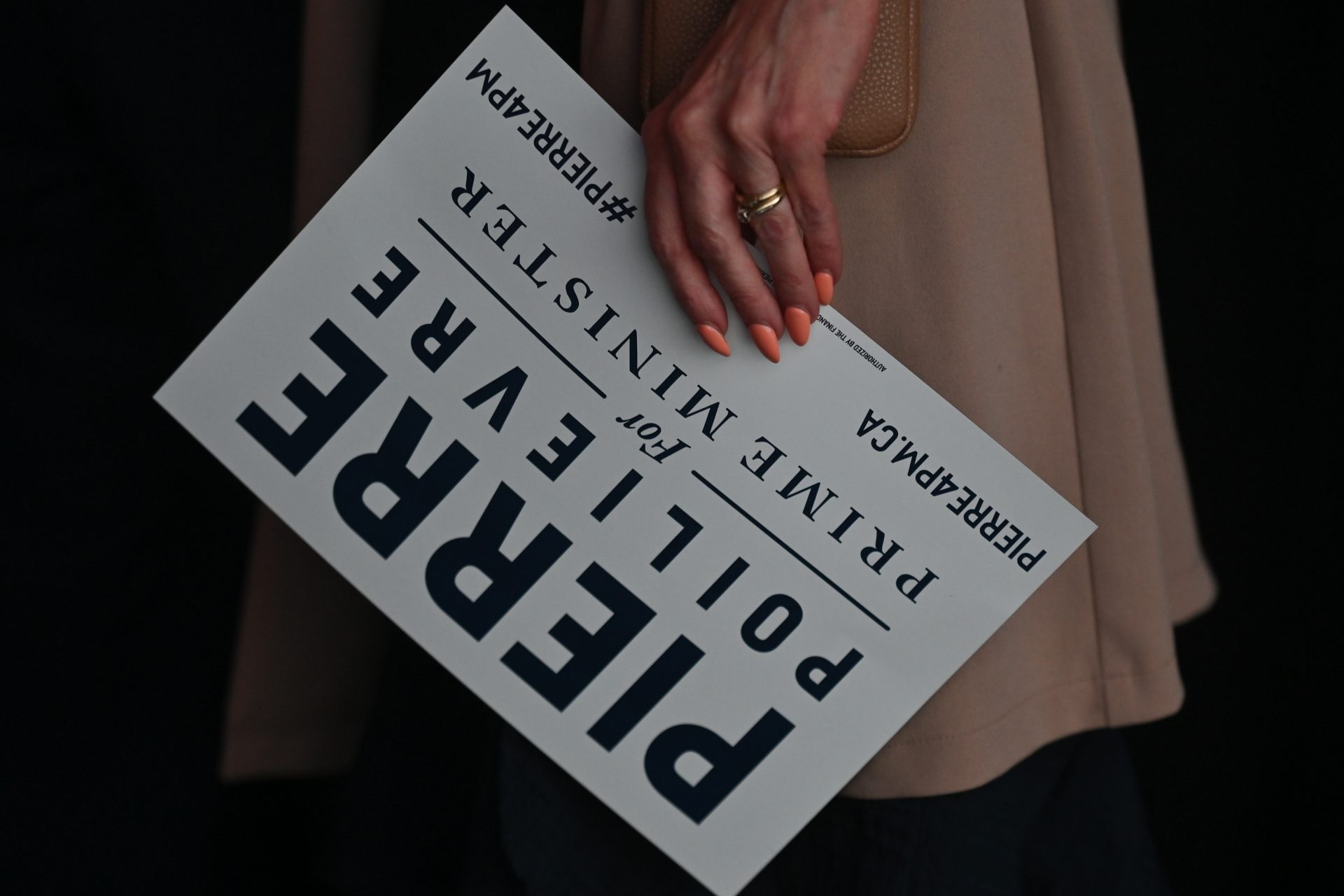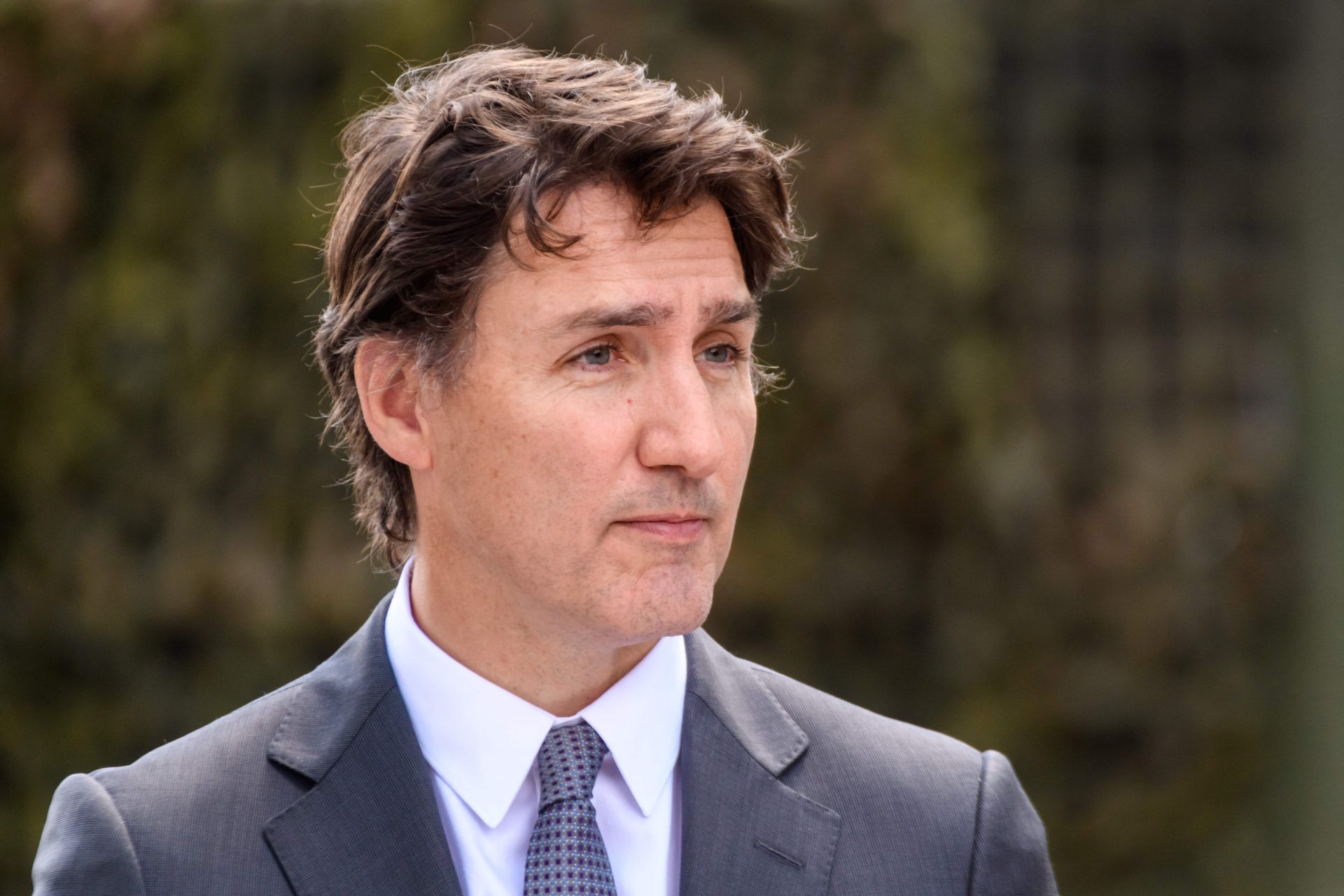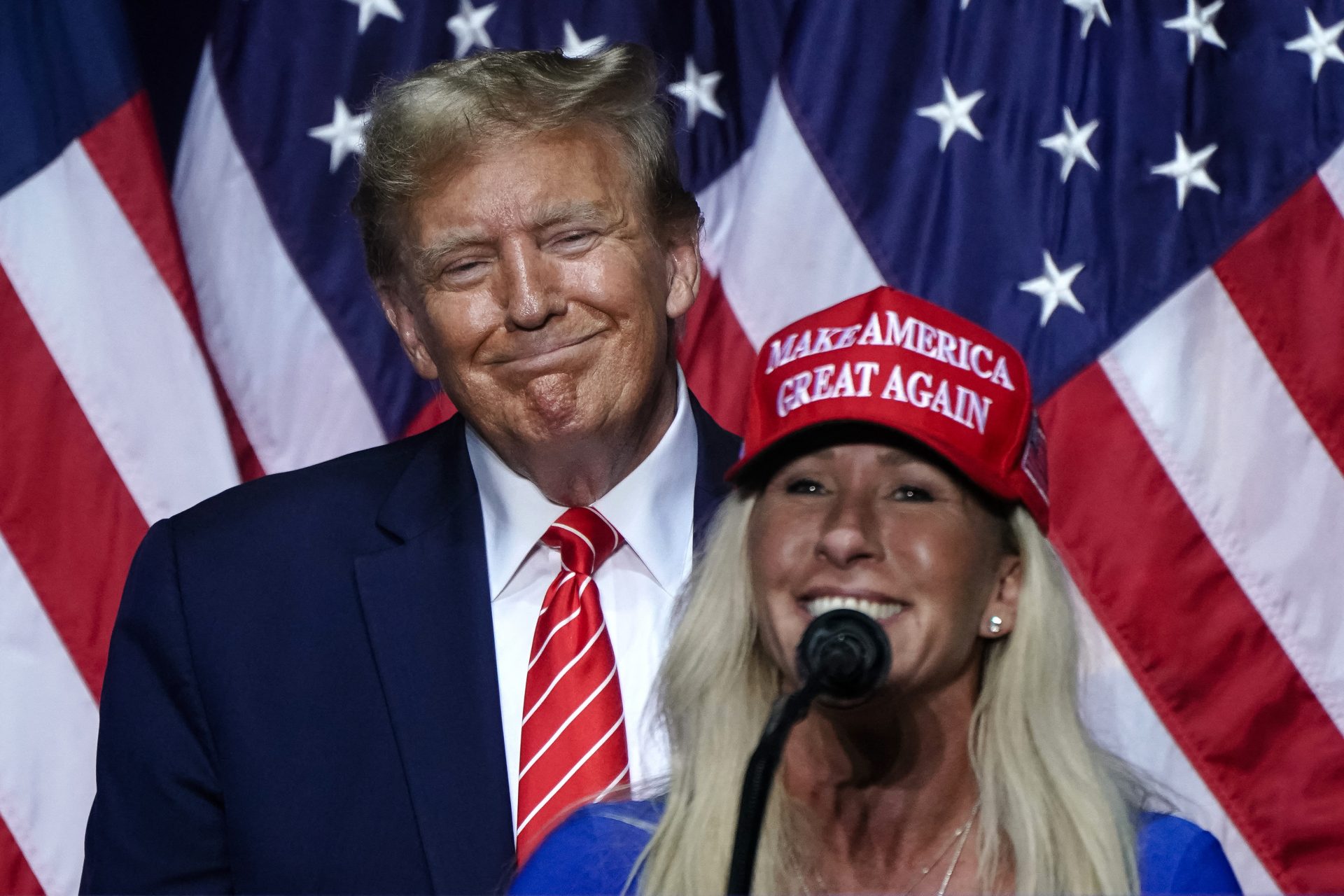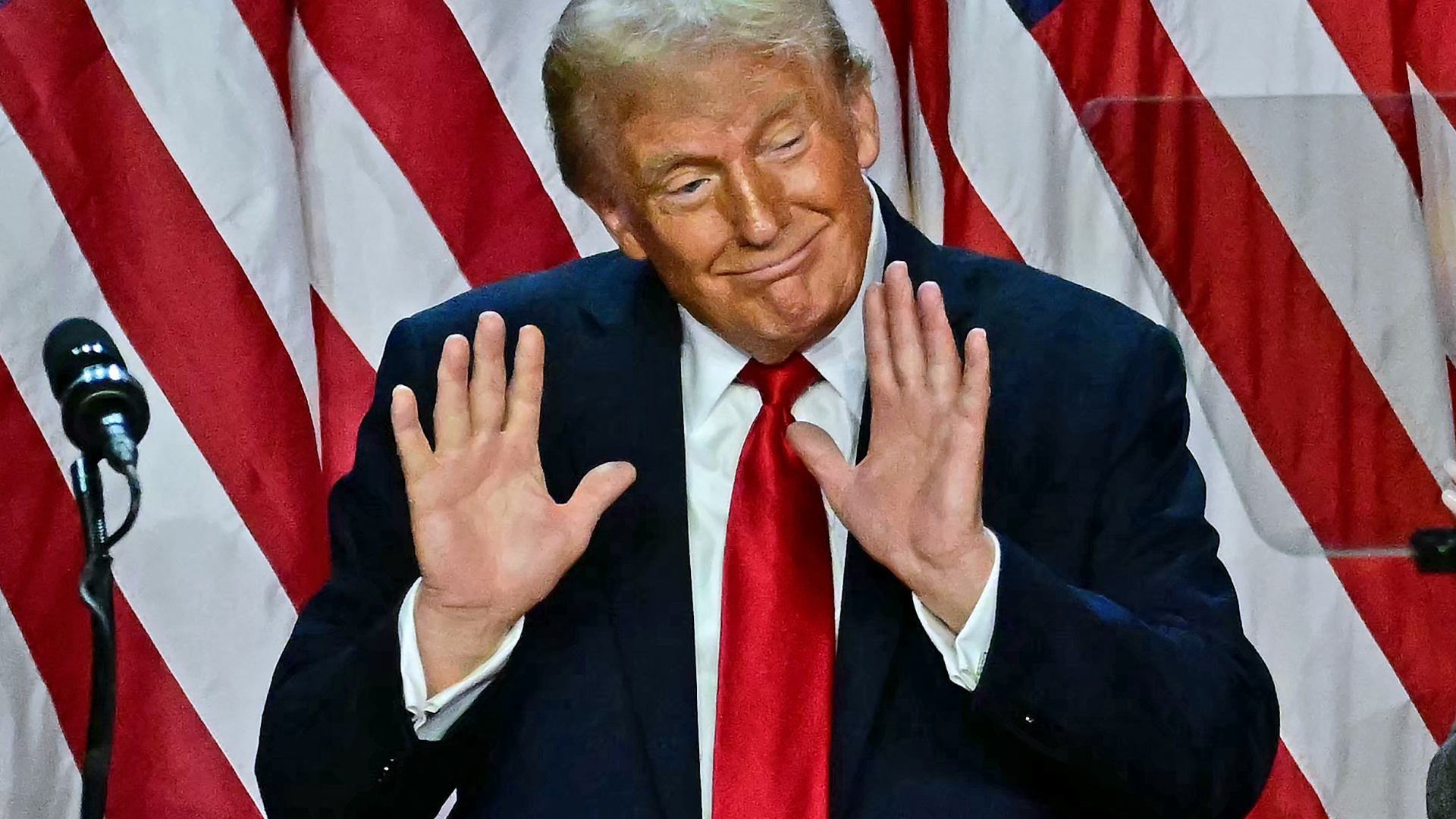Young voters are turning on Trudeau and the Liberals
Recent polling has revealed that one group of voters in Canada have had enough of the current prime minister's leadership and it isn’t the voting block you might think. Young adults appear to be turning their backs on Justin Trudeau and the Liberal Party.
Abacus Data is one of Canada’s premier polling and research market companies and it has been polling a segment of the Canadian population regularly, gathering opinions on nearly everything related to the country’s politics.
In a December 3rd report on a new national survey that polled 2,417 Canadians between November 23rd and November 28th, Abacus Data discovered that the popularity of the Prime Minister's Liberal Party slipped considerably.
Trudeau’s Liberals were trailing behind Pierre Poilievre’s Conservative Party of Canada by a 19-point margin, which is a rather concerning number considering the data showed that the Liberal’s main base was moving on from the party.
The Liberals were trailing behind the Conservatives by 21 points among those between the ages of 30 to 44, which was to be expected. However, the major shock in the data came from the Conservative’s 12-point lead with youth voters.
Max Fawcett is a journalist with the National Observer and he explained that the survey data was a “stunning turn of events” since it was the country’s youth voters that ushered Trudeau into power in the 2015 federal election.
Fawcett also pointed out that in an ironic turnaround, the political party once favored by younger voters was now most popular with the country’s Baby Boomers. However, it was not by much according to the polling from Abacus Data.
Nearly one-quarter of Canadians aged 18 to 29 (24%) planned to vote for the Liberals in the next federal election while 25% of those aged 60 and over planned to cast their vote for Trudeau and his Liberals.
Interestingly, 36% of voters aged 18 to 29 would vote for the Conservatives in the next federal elections and 24% would vote for the New Democratic Party (NDP). 45% of those over 60 would vote for the Conservatives while only 16% for the NDP.
“I don't know that I've seen more challenging numbers for an incumbent in Canada since 1993,” former Abacus Data chair and current company pollster Bruce Anderson explained to the National Observer. But what’s going on to cause Trudeau's issues?
As with all things bothering Canadians today, the major issues in the country are all related to the money problems people are facing. The rising cost of living, housing affordability, healthcare, and the economy were the top four issues for those polled.
Unfortunately for Trudeau, if voters had to choose someone to manage the country’s growing problems then they would opt for Pierre Poilievre according to Abacus Data CEO David Coletto, which isn’t good for the prime minister's re-election prospects.
“Whether it’s the cost of living, housing, healthcare, or the economy— the Conservative Party and the Conservative leader has a big advantage over the Liberals,” Coletto said. “Even on climate change, Trudeau’s advantage over Poilievre is limited.”
“As scarcity becomes the primary concern for most people, the Conservatives have appealed more to these voters and find themselves in the most favorable position they have been in a long time,” Coletto continued.
Coletto added that the Conservatives under Poilievre had the largest national lead that Abacus Data has recorded since it began tracking the information. The Liberals were trailing in every demographic and every region of the country.
In Atlantic Canada, Poilievre's Conservatives lead Trudau's Liberals by 15 points while Ontario saw a 15-point lead and Quebec a 4-point lead. Conservative support was strongest in Western Canada where the party saw at least a 30-point lead or more in all four provinces.
More for you
Top Stories



